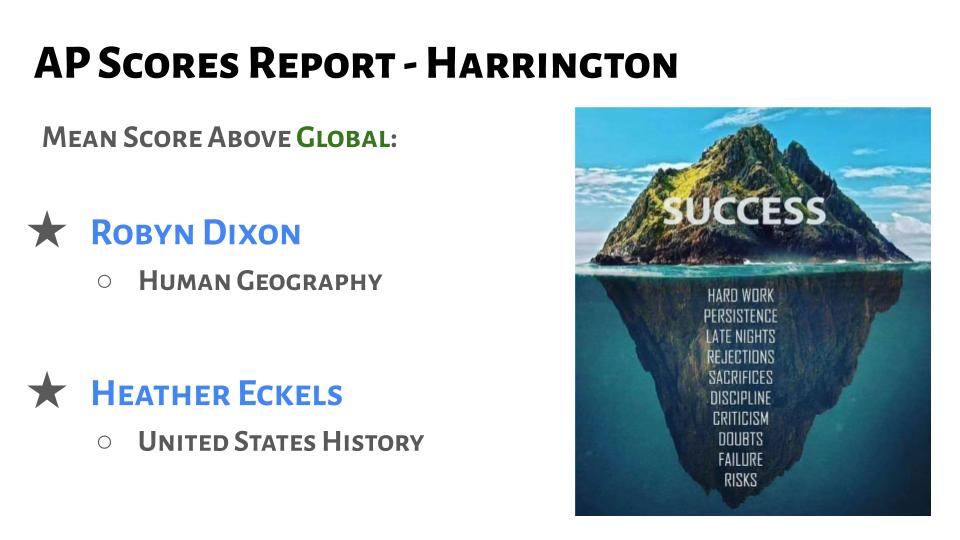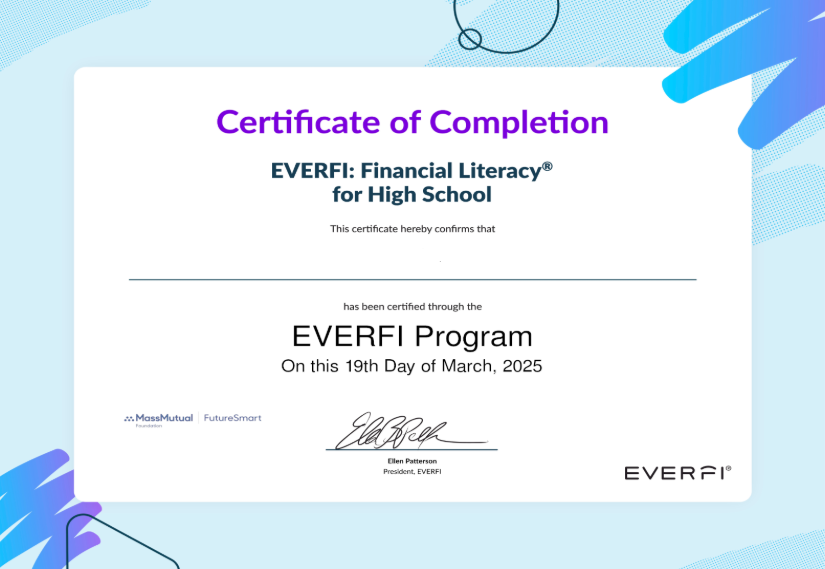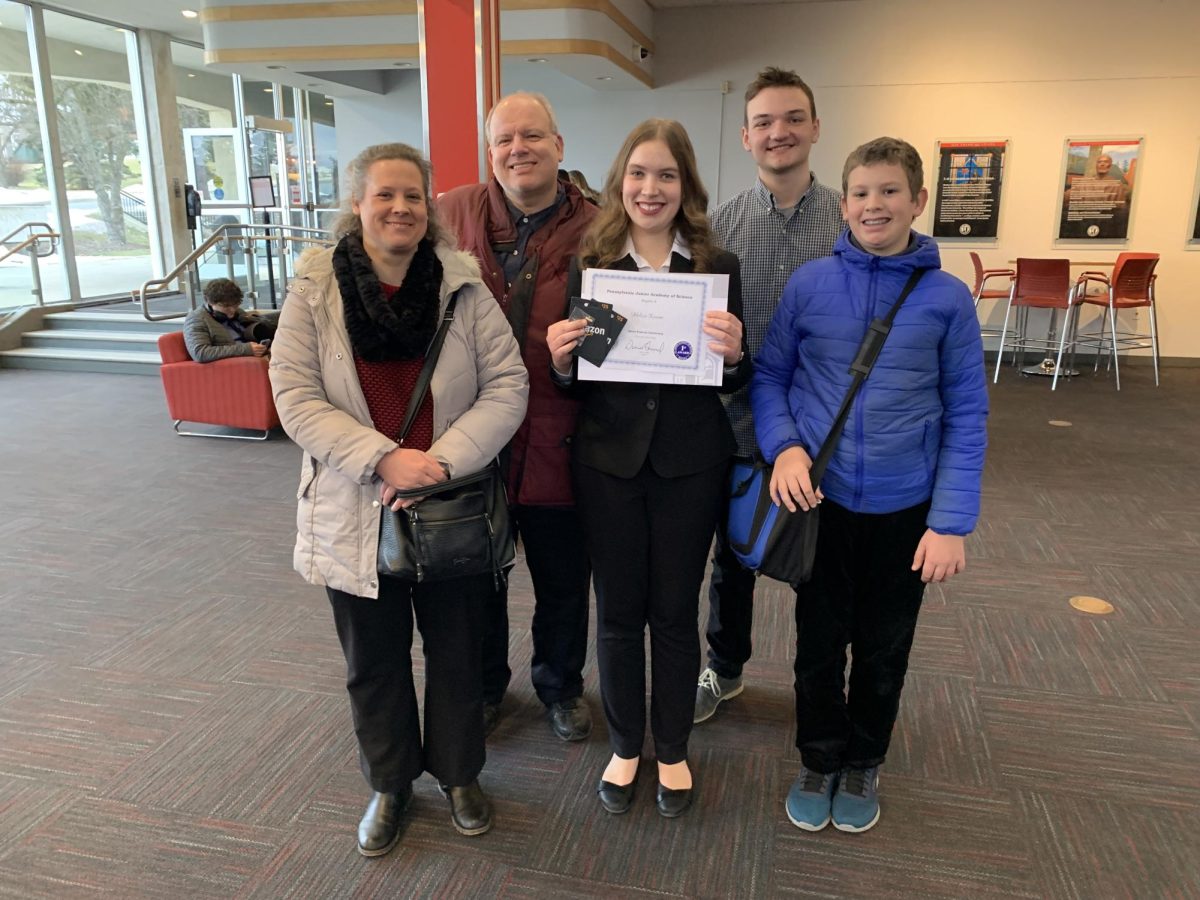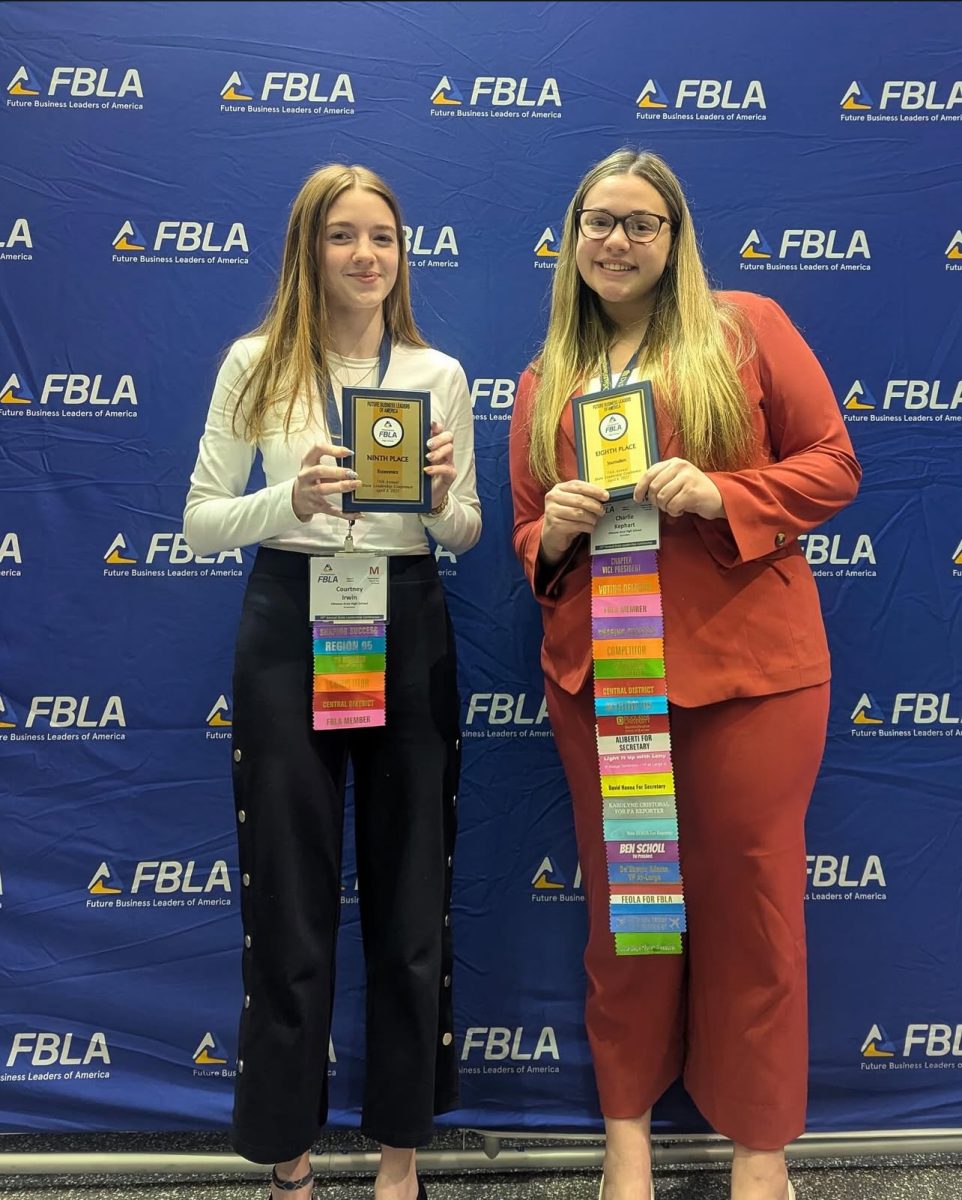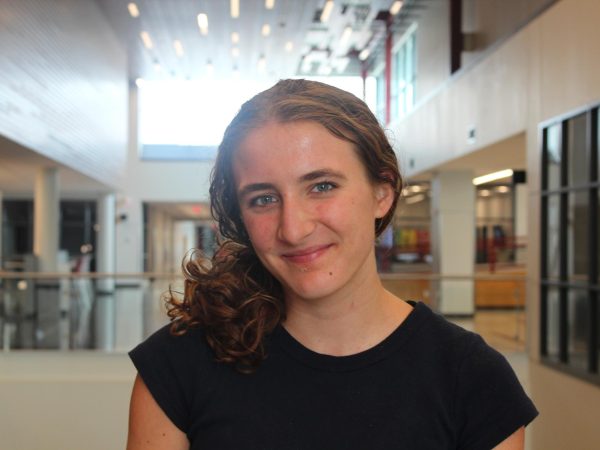In hopes of earning college credit, students all over the world enrolled in advanced placement, or AP, classes sign up to take the College Board national exam that takes place in May. To get the credit, it is understood that most colleges will require a score of three out of five or higher on the exam. Last year, Altoona did exceptionally well, as many who took the test scored above the national average.
“Last year, we had 178 students enrolled in AP courses. Some of those students were enrolled in more than one course. To a total of 350 course enrollments for AP last year,” Harrington said.
Out of these 178 students who were enrolled in 350 AP courses, 137 tests were taken in total, according to Harrington. This discrepancy can be attributed partly to the option to dual enroll with a university such as Mount Aloysius or Saint Francis. Because these credits are guaranteed at many colleges, students and their families feel this is the less risky way to get college credits at a discounted price. Due to the option of dual enrollment, it can cause the results of the national exam to not be reliable when attempting to gauge how students are doing comparatively.
“We can look at the scores from the kids who do the exam and compare them with the state and the national and even the global scores, but it’s not really a true indicator of where our students in our Altoona stand,” Harrington said.
The results of the AP exam are even inapplicable when trying to compare how well one Altoona AP class did compared to another.
“I can think of one course where we only had one student take the test and that student scored a five. So it would appear that 100% of the testers scored a five; however, there was only one tester,” Harrington said. “So it’s the data that we have as far as scores go really isn’t. It’s not dependable.”
Some teachers, such as AP Spanish teacher Dane Leone question how useful the national exam is, not only in judging how well a given class learned, but also in regards to educating students. According to Leone, the national exam makes the class center on the AP exam. Because of this, teachers, at least in the foreign language department, cannot teach students in a way that is transferable in the real world.
“I just feel like there’s a mismatch between the skills that the tests are asking students to demonstrate in the skills that we want to prepare students for real life which is outside of high school,” Leone said.
This school year, for the first time in his six years of teaching the course, none of Leone’s AP Spanish students decided to take the national exam. This may seem like this would harm students’ learning, but because Leone now doesn’t have to teach for the national exam, students such as junior Tasneim Babikier say the class is much more engaging, so they’re actually learning more.
“Probably like most people, I’ve never been in an AP class where no one is taking the exam. I thought that would make me unmotivated, but it has actually done the opposite. We get to do fun things, like how we participated in the door-decorating competition instead of just learning how to speak Spanish for the exam,” Babikier said.
For both Leone and Babikier, as well as other students in the course- this door decorating experience was valuable and added to their knowledge of the language.
“I thought it was interesting to learn through doing because I feel like it showed us how to speak in a more conversational or normal way,” Babikier said.
“They had to figure out all in Spanish, how they’re going to organize, decorate, create and hang up this door. They did things that worked. They didn’t things that it didn’t work. If I was trying to work around the AP test, there would be zero time that would be in our curriculum to take a week and a half,” Leone added.
To Harrington, ultimately the national exam is a solid preview of what a final looks like for many colleges and universities which is why she is a supporter of AP students taking the exam.
“I really would like to see more of our students taking on the challenge of the test,” Harrington said. “It exposes students one more step toward what it feels like to take a final exam in a college course.”
Even with his reservations about the national exam, Leone concedes that the exam is a valuable sample of what final tests are like, but he would also argue that since colleges and universities also teach for tests and not the real world, they aren’t the best.
“Sometimes these college tests aren’t the best way to teach a language either. I just think that there are a lot of ways we’re teaching the language and accessing students wrong,” Leone said.
As for this year, students who signed up for the exam will test in May.



